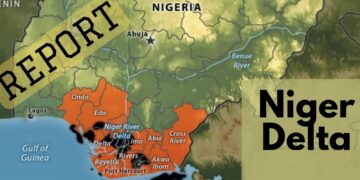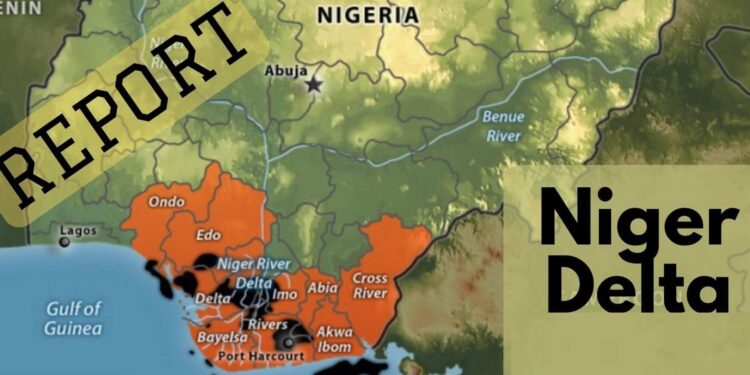By John Ikani
Donned with a wild singlet and a cap that spells PACOSOL, Ogelegbelowei Lucky stands among friends beaming with excitement and gratitude as he gives us a warm reception.
At the start of the year 2023, Lucky wouldn’t have imagined that the next two quarters of the year would be financially life-changing for him.
It was already nightfall and a long day for the Heritage Times [HT] team who are touring states of Nigeria’s Niger Delta region on an assessment mission about PACOSOL, but Lucky insisted that the team stops by at Ogbokone Community in Warri Kingdom, Delta State to document his story.
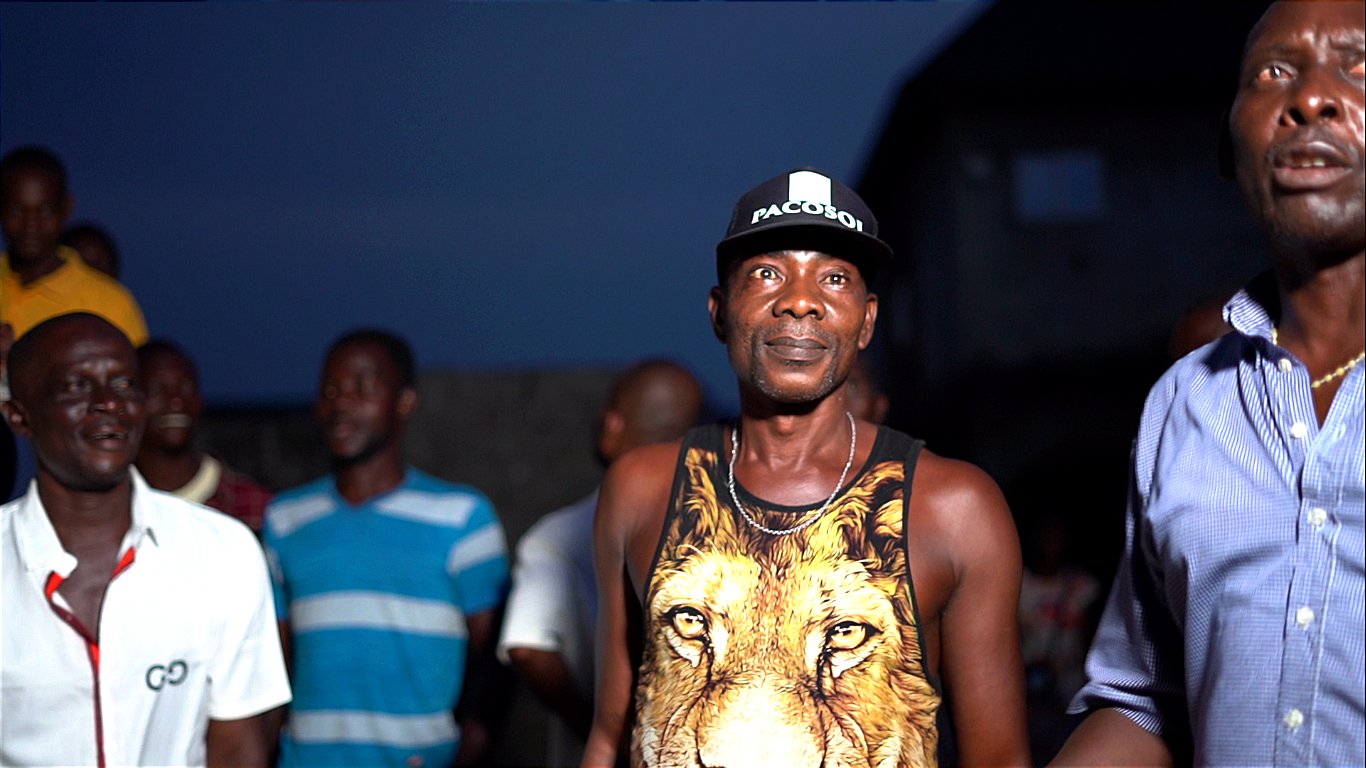
“It feels surreal how I transitioned from depending on a monthly stipend of N65,000 to setting up businesses and becoming an employer of labour,” begins Lucky who runs a fast-growing profitable goat farm “as plan A” and a potable water retail business on the side.
Lucky’s testimony is just another in the line of numerous other success stories trailing PACOSOL.
Enter PACOSOL
When the Presidential Amnesty Programme Cooperative Society Limited (PACOSOL) was launched in May 2023, many were keen on seeing if it would go the way of numerous empowerment initiatives that often fail to take off, talk less of recording progress.
A brainchild of the Interim Administrator of the Presidential Amnesty Programme (PAP), Major General Barry Tariye Ndiomu (rtd), PACOSOL aims at fostering sustainable livelihood for ex-agitators in the oil-rich Niger Delta Region.
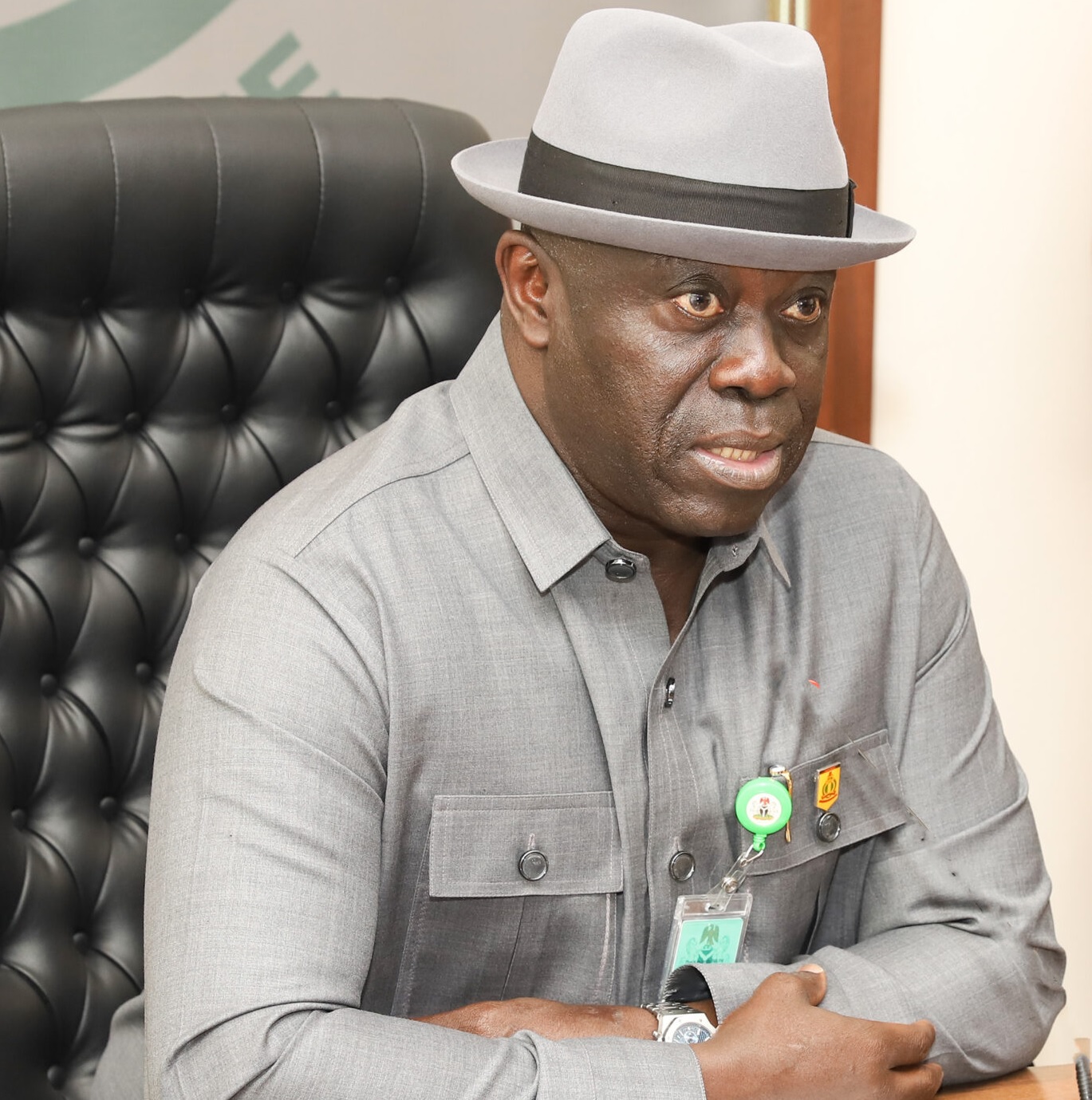
The ex-agitators are beneficiaries of the PAP established by the administration of former President Musa Yar’Adua in 2009 as part of measures by the Nigerian Government to end militancy in the oil-rich Niger Delta region.
Although the PAP has achieved some notable successes, there is a consensus that 13 years after its establishment, the programme was not yet fully on the path to achieving its set mandate, particularly in the direction of creating an enabling environment for self-actualisation.
It wasn’t until Ndiomu was appointed Interim Administrator of the PAP on September 15, 2022, that the hard work of redirecting, re-engineering and revitalising the entire concept of the programme in tandem with the original intentions of the Nigerian Government began.
“With PACOSOL, Ndiomu is transforming the PAP from a consumption programme to one that is productive,” remarked Comrade Ebilade Ekerefe, the immediate past spokesperson of the Ijaw Youth Council (IYC).
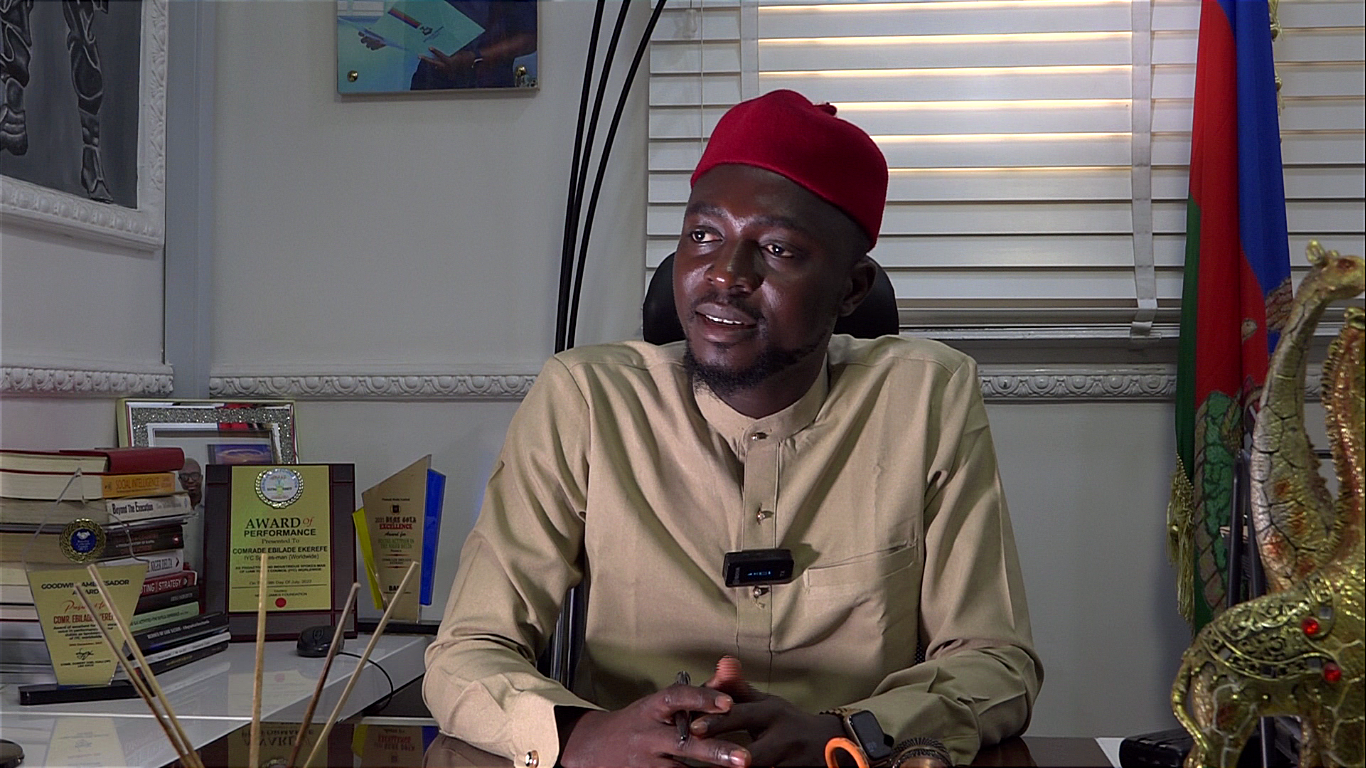
Ekerefe who is currently the national leader of the New Era Political Movement went on to explain that: “By consumption, I mean the PAP seemed to largely revolve around the N65,000 monthly stipends that was given to ex-agitators. It was like a recurrent decimal. With the economic realities that we find ourselves in, it is no longer news that N65,000 is a paltry sum of money.
“The best alternative is for our people to go into entrepreneurship. This loan initiative instituted by Ndiomu is a good step in the right direction. It is something every stakeholder in the Niger Delta region should applaud.”
Transparency
Ekerefe’s call for applause is not lacking in merit. It is somewhat of a rarity in Africa’s most populous country to see impactful empowerment initiatives reach deserved beneficiaries without the bottleneck of middlemen. But from HT findings, it will be apt to suggest that the definitions of ease and transparency should have a group photo of PACOSOL officials and beneficiaries next to them.
Beneficiaries interviewed by HT across three states of the Niger Delta region (Delta, Bayelsa and Rivers) attest that the process of obtaining the loan had neither elements of opacity nor the clog of middlemen from application to disbursement.
“The loan has nothing to do with knowing someone. The process was transparent. Calls for application were put out in the public domain and we were asked to fill out requisite forms after which we were assessed before being given loan offers. It is not a ‘man know man’ issue. The initiative is going round,” said Akpedi Ebimobowei who runs a profitable building materials store at Patani Local Government Area of Delta State.

For Makpah Destiny who operates a bike shuttle business around Niger Delta University (NDU) at Wilberforce Island, Bayelsa State, it wasn’t just enough to commend how transparent the process has been. He went on an emotional-laden tirade to cite examples of other initiatives (not related to the PAP and PACOSOL) that largely failed to reach targetted beneficiaries.
“It is a great thing that this PACOSOL opportunity came to us directly and not through so-called coordinators who just take our names and defraud us,” concludes Makpah while sitting on a new motorbike largely acquired with the loan.
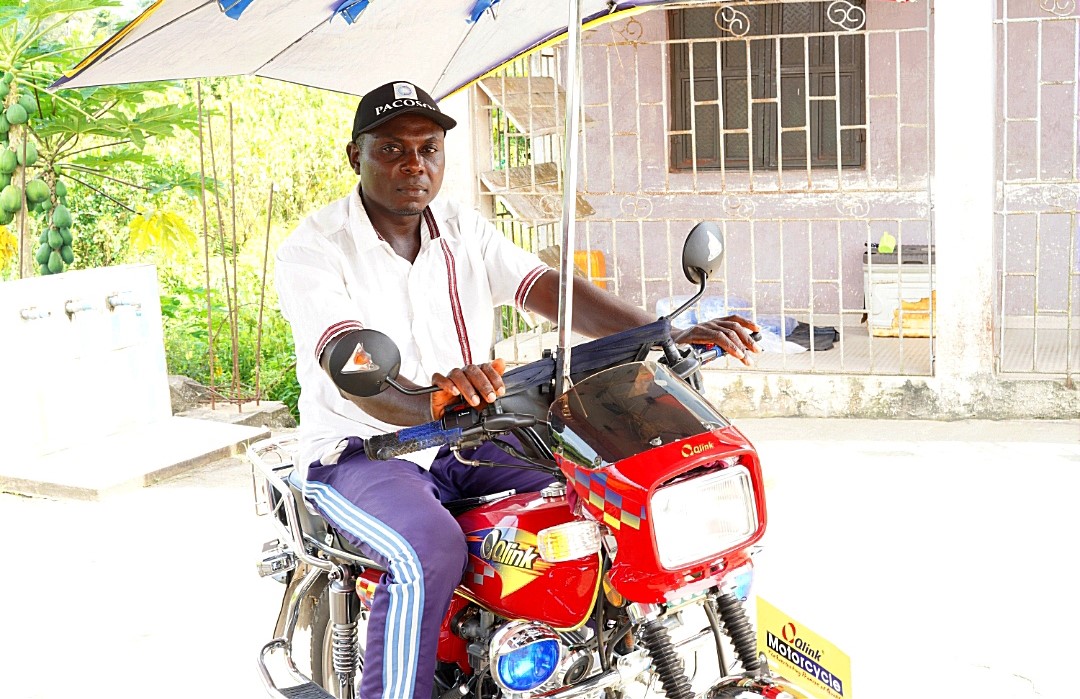
Impact
Quantifying the impact of the initiative was not rocket science for beneficiaries who still have vivid memories of what life was before they got the loan a few months ago.
Pavarotti Makeni is a food seller in Yenagoa, the capital city of Bayelsa State. A wife to an ex-agitator, Makeni was not productively engaged in any way until September when she deployed funds from the loan to start a food retail store.
“The loan has helped me a lot as I used to be jobless. I now consider selling food a full-time job,” said Makeni.
She adds that “Patronage is great and it gives me a sense of purpose knowing I have a vital role to play in helping people meet their daily consumption needs.”
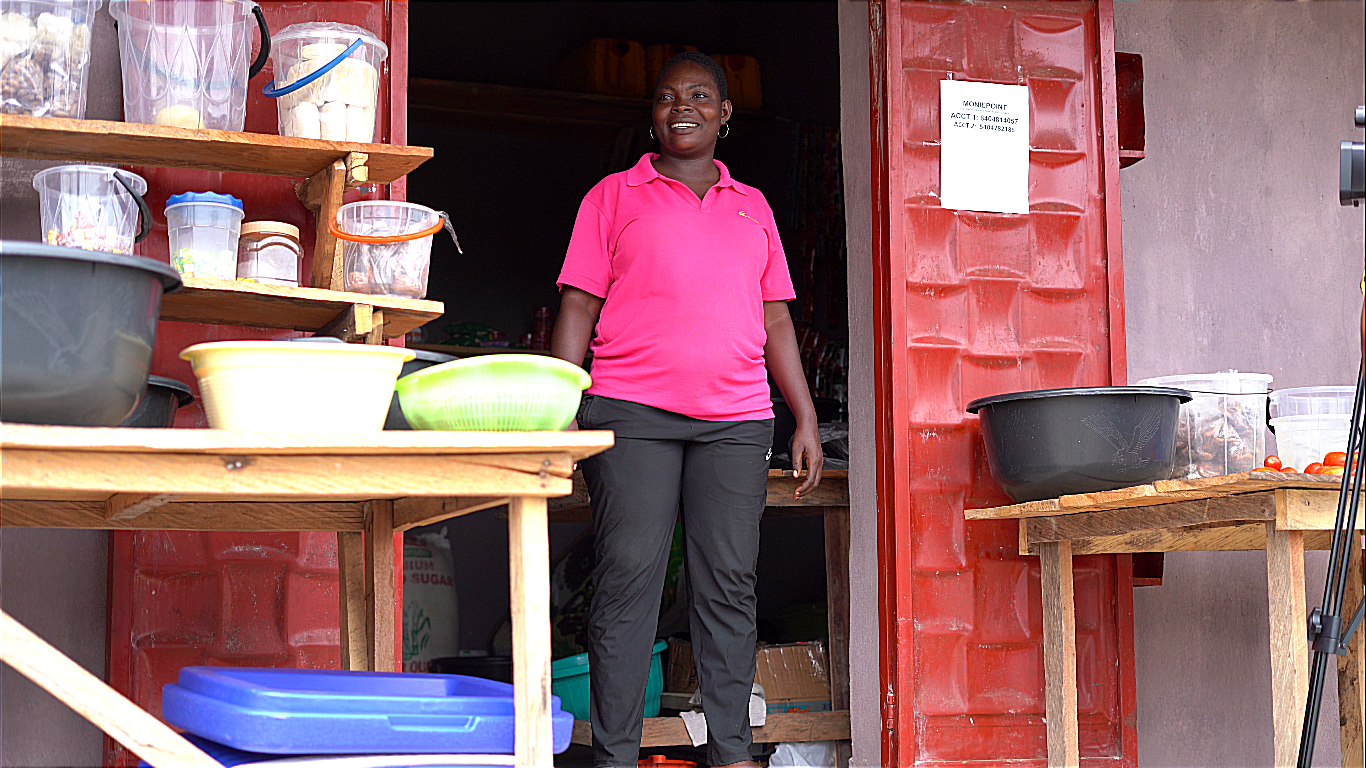
Makeni’s definition of “Purpose” resonates well with Aduwe Wilson who runs a rental business at Patani in Delta State. Wilson was already in the rental business before he got the loan.
“I am well known here and in neighbouring communities. Ask anyone who rents chairs, canopies and tables and people will mention my name. It does feel good to be known as someone who provides utility. It is something positive,“ admits Wilson with a tone that screams he doesn’t miss the long-gone rough life of agitation.
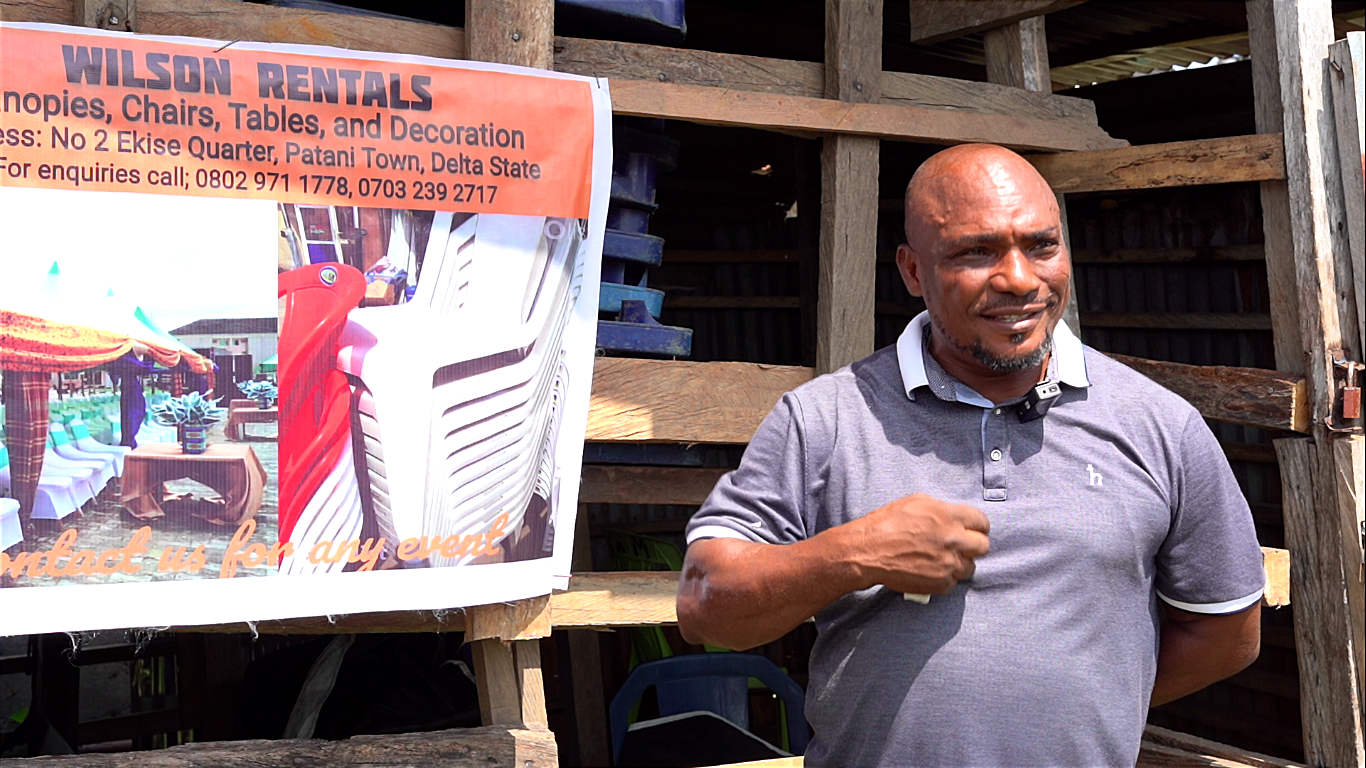
Impressively, Willson has been able to set up rental stands in different locations for more exposure, a testament to how well he is utilising funds from the loan.
“Look at my rentals, they all have my name on them, it is not like I am passing someone else’s property as mine. Before obtaining the loan, I had roughly less than 17 canopies, 200 chairs and 20 canopies. Thankfully, I now have over 25 canopies, more than 500 chairs and chairs and over 40 tables.”
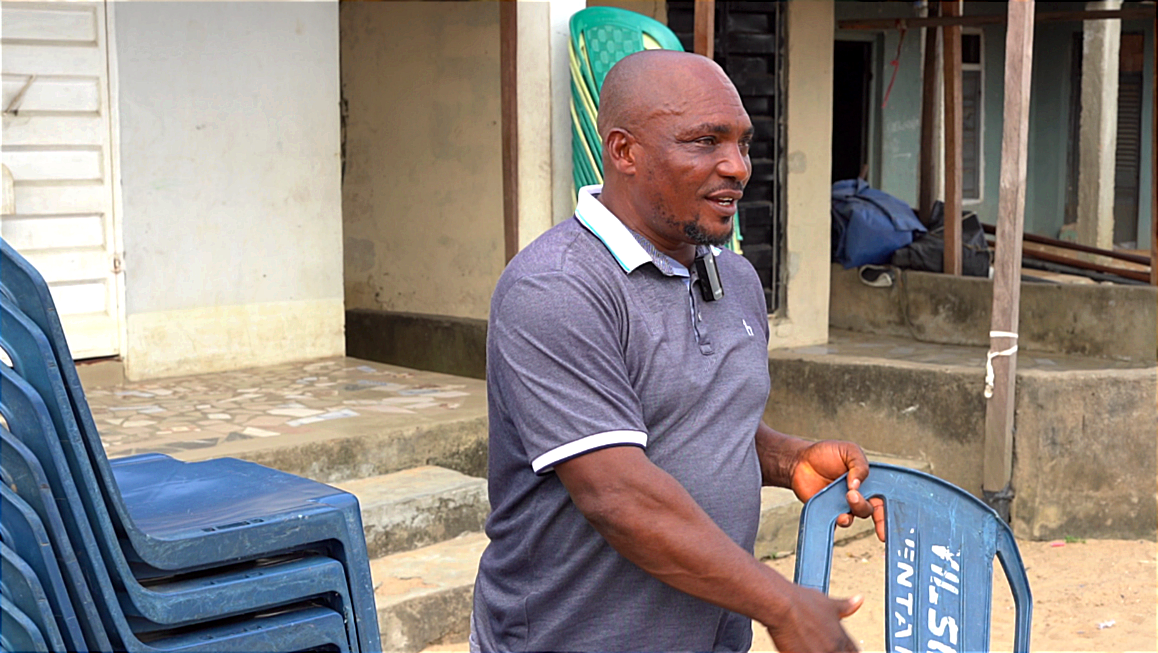
Collateral & Payback Sustainability
With most loan initiatives, collateral and payback are the most dreadful topics to broach, but PACOSOL is inspiring a new era of dirt-cheap loan acquisition and sustainable payback.
Notably, with a single-digit interest rate of 5% per annum, a three-year tenor and a one-year moratorium, it’s almost as if the loans are given for free.
“Who would believe this loan is from a government agency and all I needed to tender as collateral was the 65,000 stipend I earn monthly?” quizzed Obrigbene Adoubopere, a proud owner of a mini cement depot at Patani, Delta State.
“I appreciate the PAP Interim Administrator for this initiative because if I were to get a loan of N1 million via traditional means from banks, I would have to pay back an interest of about N600,000, not to mention that I don’t even stand a chance of obtaining a loan in the first place with no tangible collateral.”
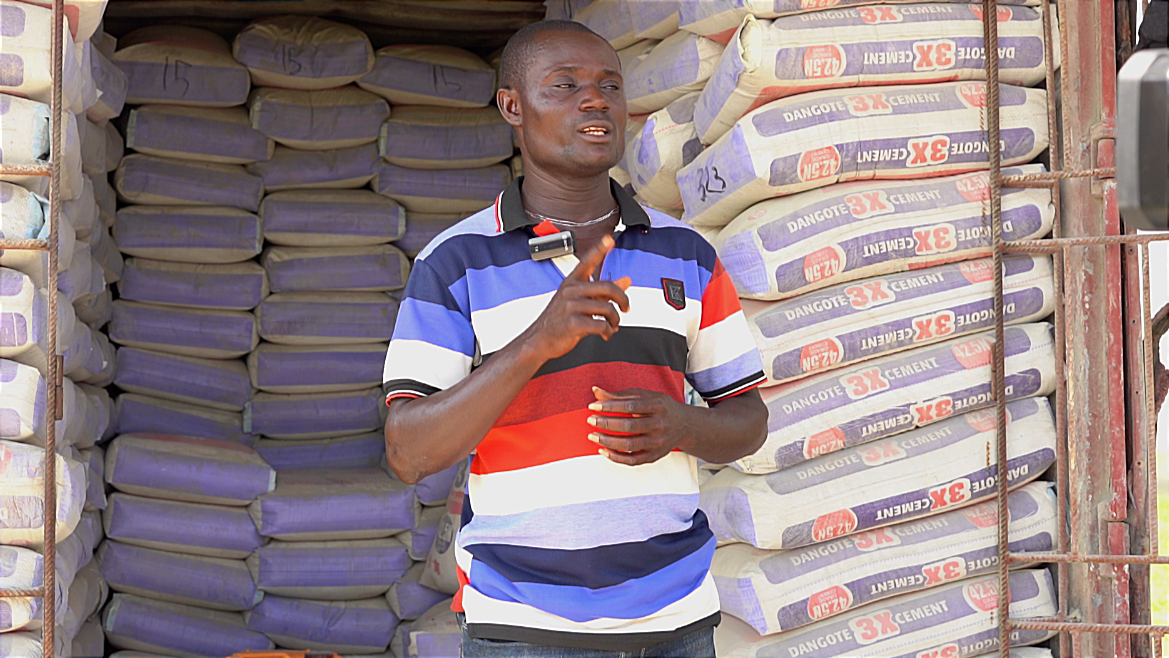
Peter Ikioke, best articulates the sustainability of the loan when he took HT team to a street where sand mixers that he majorly acquired through the loan initiative were being put to use. Residing in Yenagoa, Ikioke also runs a provision store that was revitalised with the loan.
“The 5% that I am required to pay back per annum amounts to N50,000. The two mixers you see here were majorly acquired using the loan. Renting one of them per day is not less than N25,000. That means I make at least N50,000 anytime both of them are rented so paying back the loan is not a challenge to me,” said Peter.
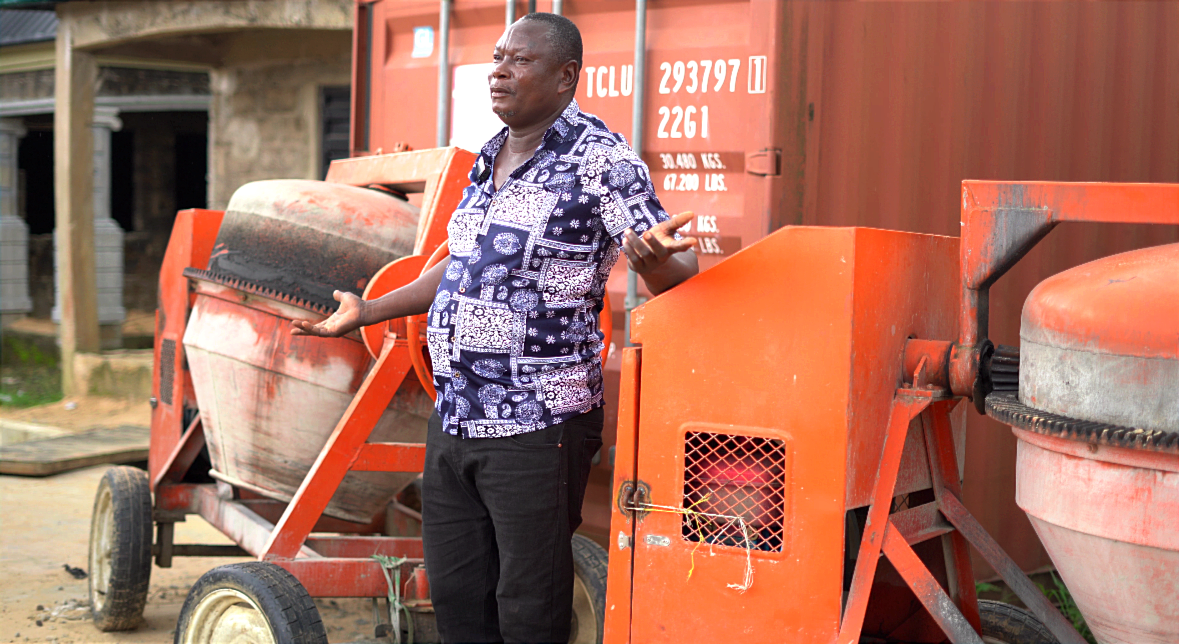
More Money, More Successes
For as many beneficiaries whom HT interviewed, the success they have recorded so far in their respective business was not enough. They have expansion plans and can articulate what they can do if given more loans.
“Money moves businesses and there’s no end to what I can do with more money,” asserts Owhorchukwu Chigozie who runs a block industry along Airport Road in Port Harcourt, Rivers State.
“I used the loan I was initially given to get more sand and add a mini cement depot to my business. With more loans, I can get a concrete vibrator which is a machine that helps ensure a concrete pour is even and free of air bubbles to make the concrete remain strong and have a smooth finish even after the formwork is removed.
“I can also get a sand mixer with more loans. The two machines are very important in this industry because it is not everyone that fancy hand-moulded blocks. Any customer who spots the two machines in my shed while plying this road will want to buy blocks from me because it is an indicator of durable products.
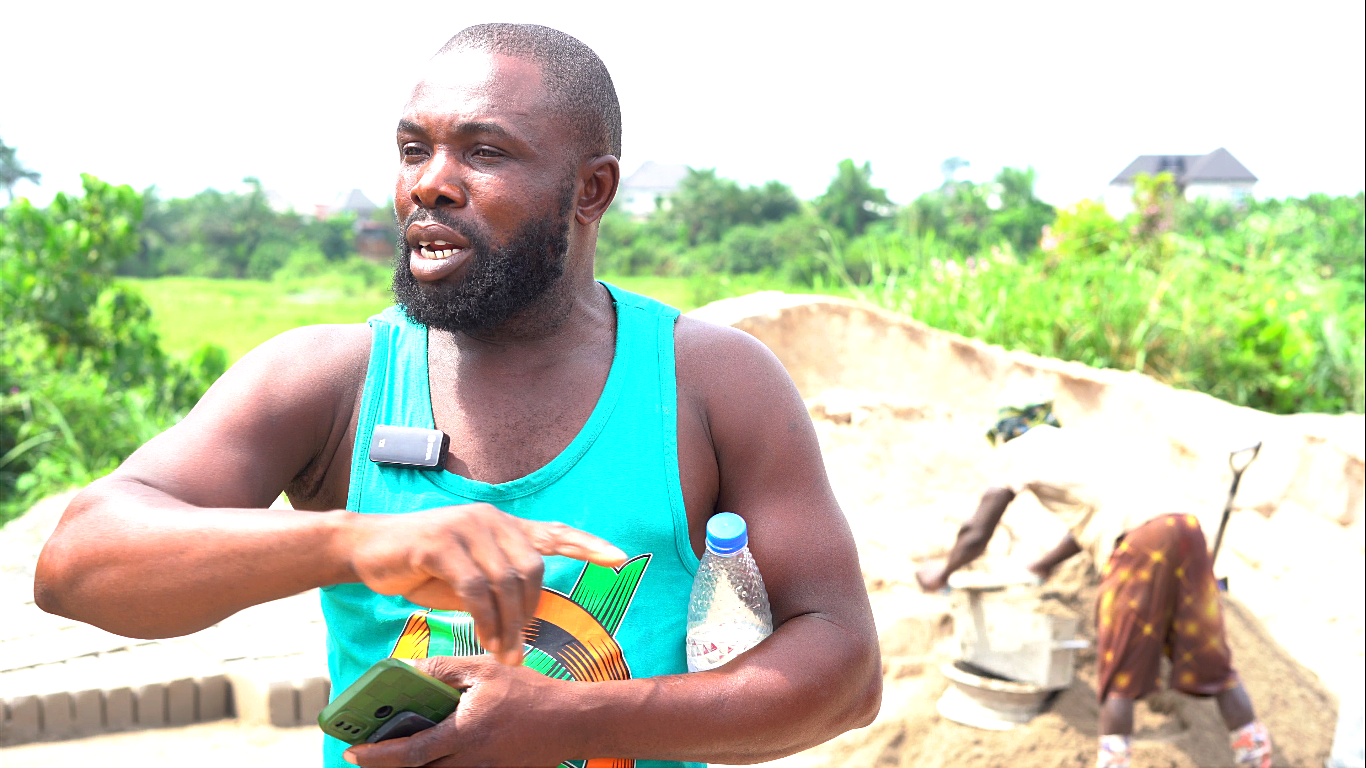
On his part, Arena Douye, a poultry farmer at Patani, Delta State has been able to increase the number of birds on his farm, get stockpiles of feeds for them as well as medicines that are key to their survival. Notwithstanding, he has a clear-cut vision of what more loans can help him achieve.
“To begin with, I need battery cages to help me prosper in this business. As you can see, I am using sawdust which is expensive to get from Ughelli. This area is susceptible to flooding but that wouldn’t be a worry if I already have battery cages.
“I must also add that with battery cages, I would be able to rear 100-300 birds, but because of the limited space available now, I limit myself to 100-150.”
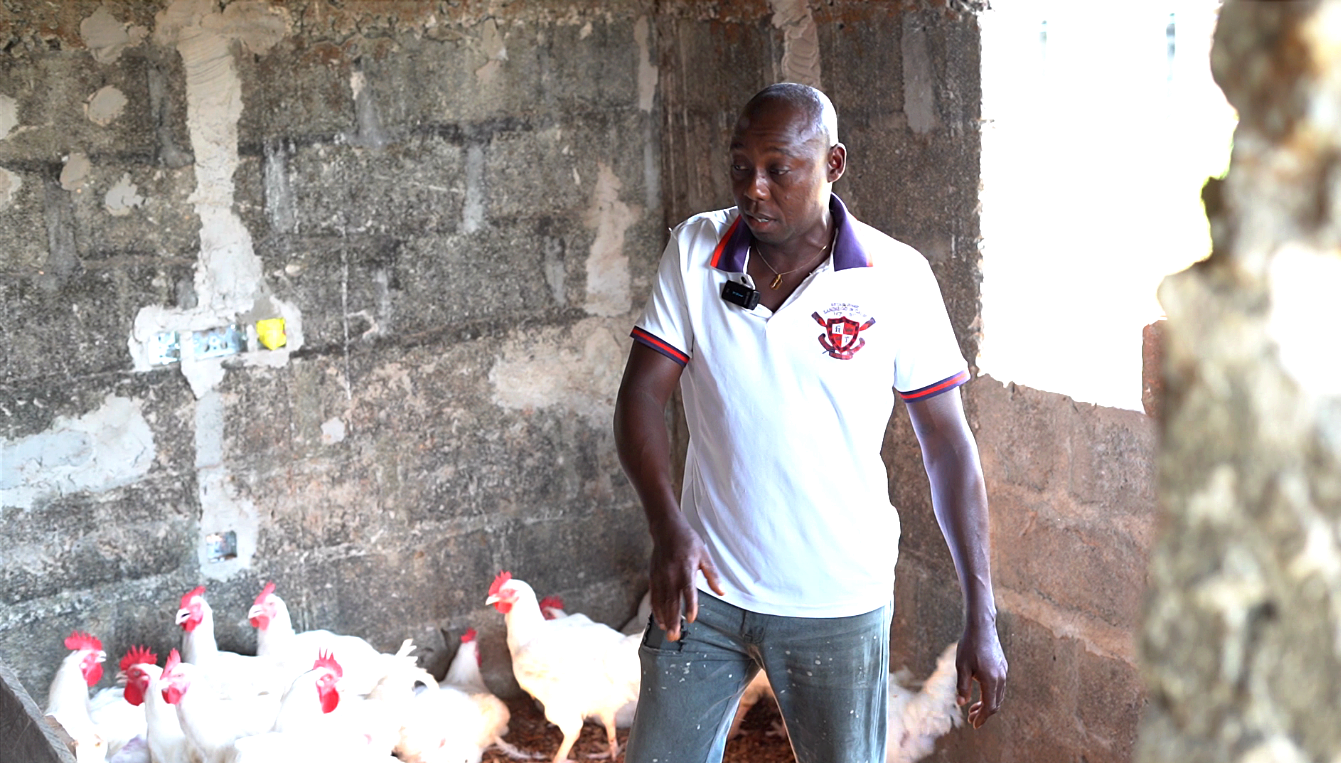
Not Left To Their Devices
The way PACOSOL figured it, it wasn’t just enough to have the applicants apply, get accessed, verified and given loan offer letters. The initiative was commendably designed to also assign mentors to each beneficiary.
The mentors are – among other things,- tasked with providing guidance to the beneficiaries and assessing their progress.
“In providing mentorship to the beneficiaries I take into cognizance the fact that there is no one cap fits all strategy. I try to be all things to all men because they are all running different businesses and are at different stages of business growth and exposure,” said Mr Felix Otto, a business strategist and consultant.
“While guiding the beneficiaries, I realised that some of them were doing well but had no branding, online visibility (social media handles, website, business email) and weren’t registered with the Corporate Affairs Commission (CAC) as an incorporated business entity. However, in the course of mentorship, I have been able to ensure that a good number of my mentees have either checked those boxes and many others or are in the process of doing so.”
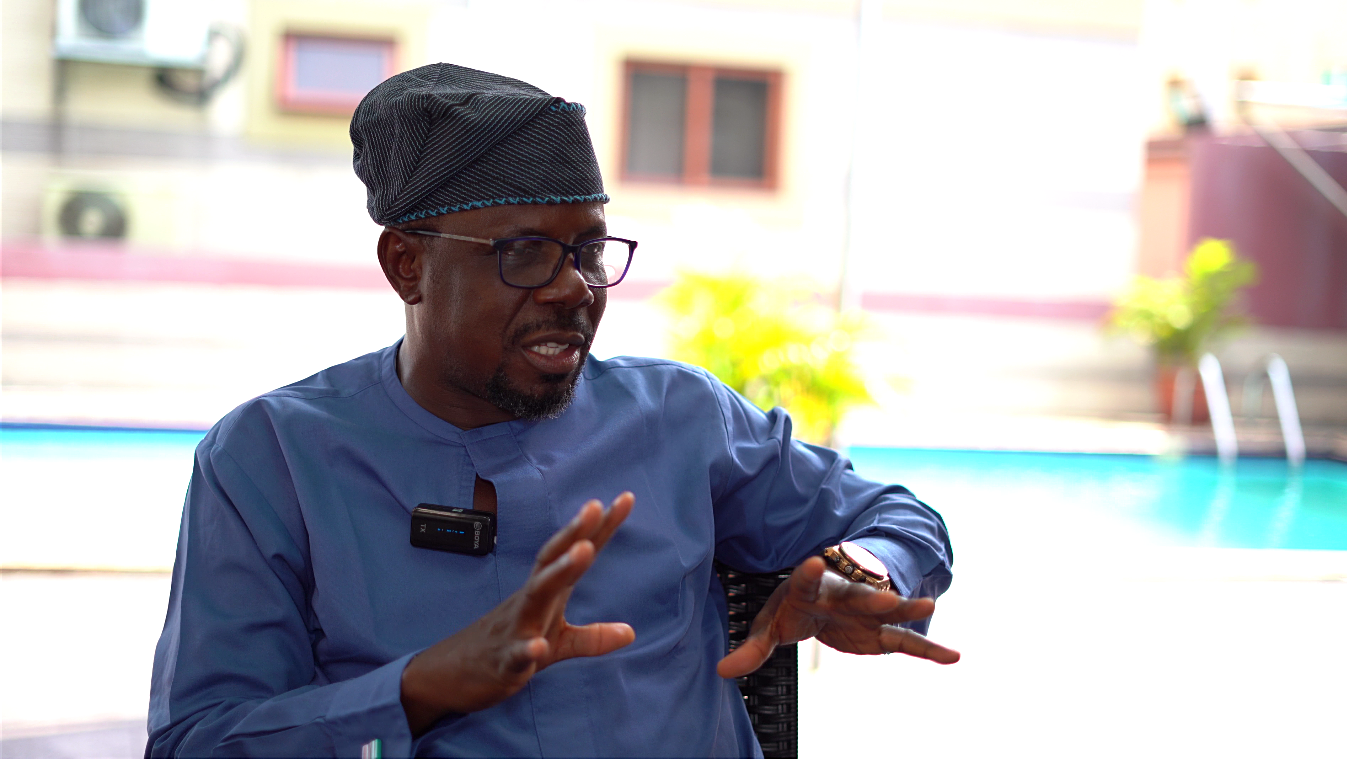
Like with all aspects of human endeavours, mentoring beneficiaries is not challenge-free. From HT findings, the mentors envisaged possible challenges and professionally dealt with them.
The way business development service provider, Mr Lamiede Amangala posits, “It is in human nature that people feel comfortable dealing with someone. The first thing I did was earn their trust in my interactions with them. Earning their trust was an important hurdle I needed to scale. I made them understand that I was there to help them.
“Once they were able to see the value that I bring as a business development service provider, they began opening up to me. The questions started coming in with beneficiaries asking directions on what to do. Everything just goes smooth after earning trust.”
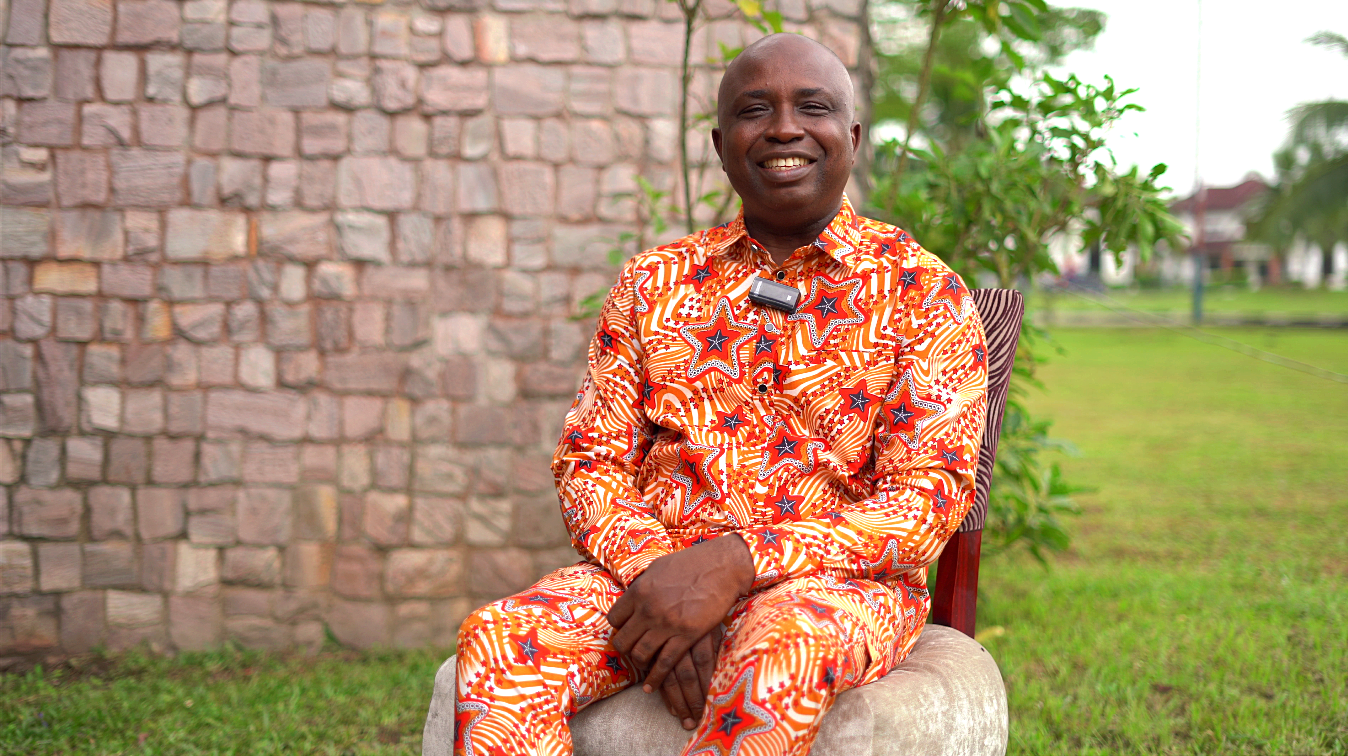
At stipulated stages, the mentors submit reports to PACOSOL with recommendations on what further action can be taken regarding any beneficiary. Mr Harry Porbeni, a business coach and consultant, shares the recommendation he gives to PACOSOL about beneficiaries who are impressively doing well.
“In my reviews, I put forth a strong case for beneficiaries that I believe need more support. These are people who if you see what they have done with what they have, you can tell that the prospect of such business is bright.
“I believe for those that have so far proven that they want to be entrepreneurs which entails consistency, doggedness and innovation, the programme should not just leave them there but continue to support them until a point where they can manage themselves.”
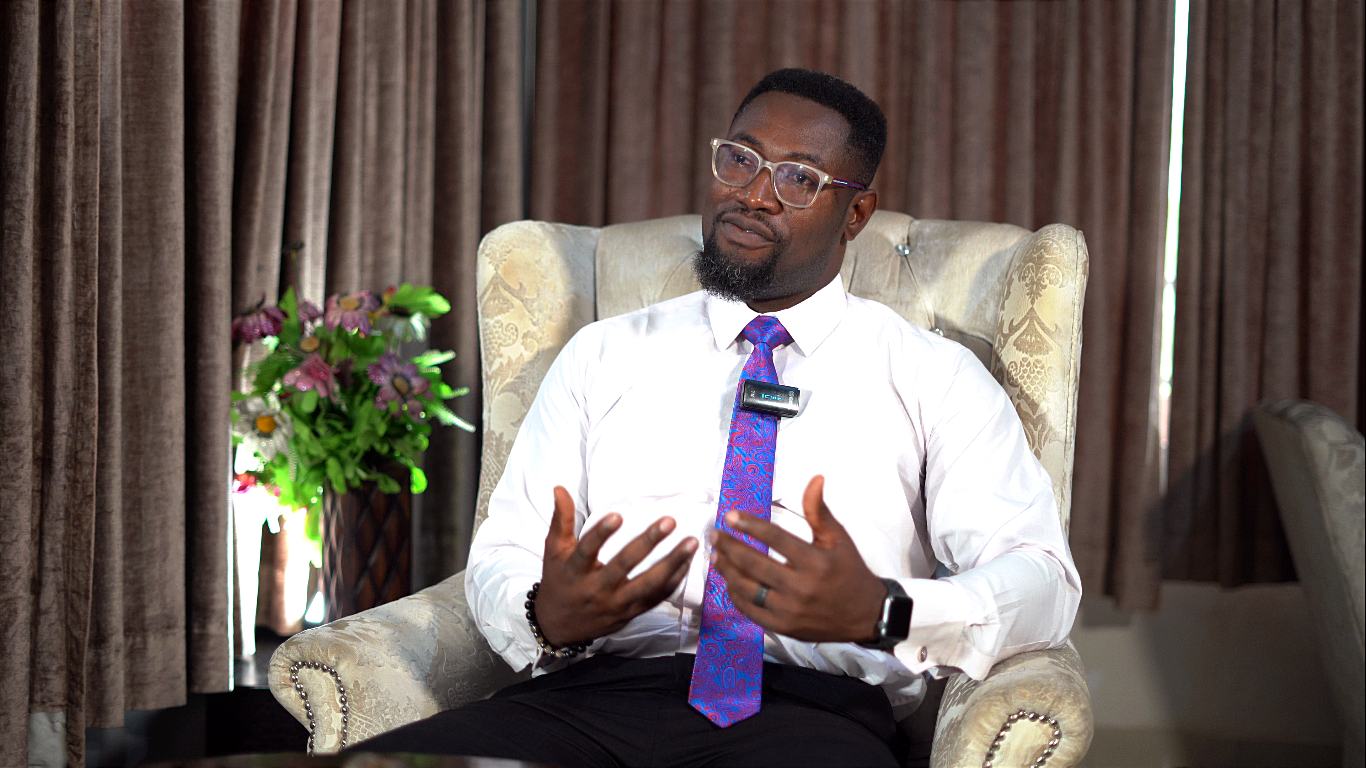
Reward/Penalty & Expansion
PACOSOL is not without reward and penalty measures. It considers both measures integral to shaping beneficiaries’ behaviour and managing the overall risk.
According to the Lead Consultant of PACOSOL, Mr Zigha Ayibakuro, “There is a reward system in place for beneficiaries if they can pay back at the stipulated time. They can re-apply and be given more than what they were initially given. But if they don’t meet payback conditions, what they were initially given will be the end of the line.
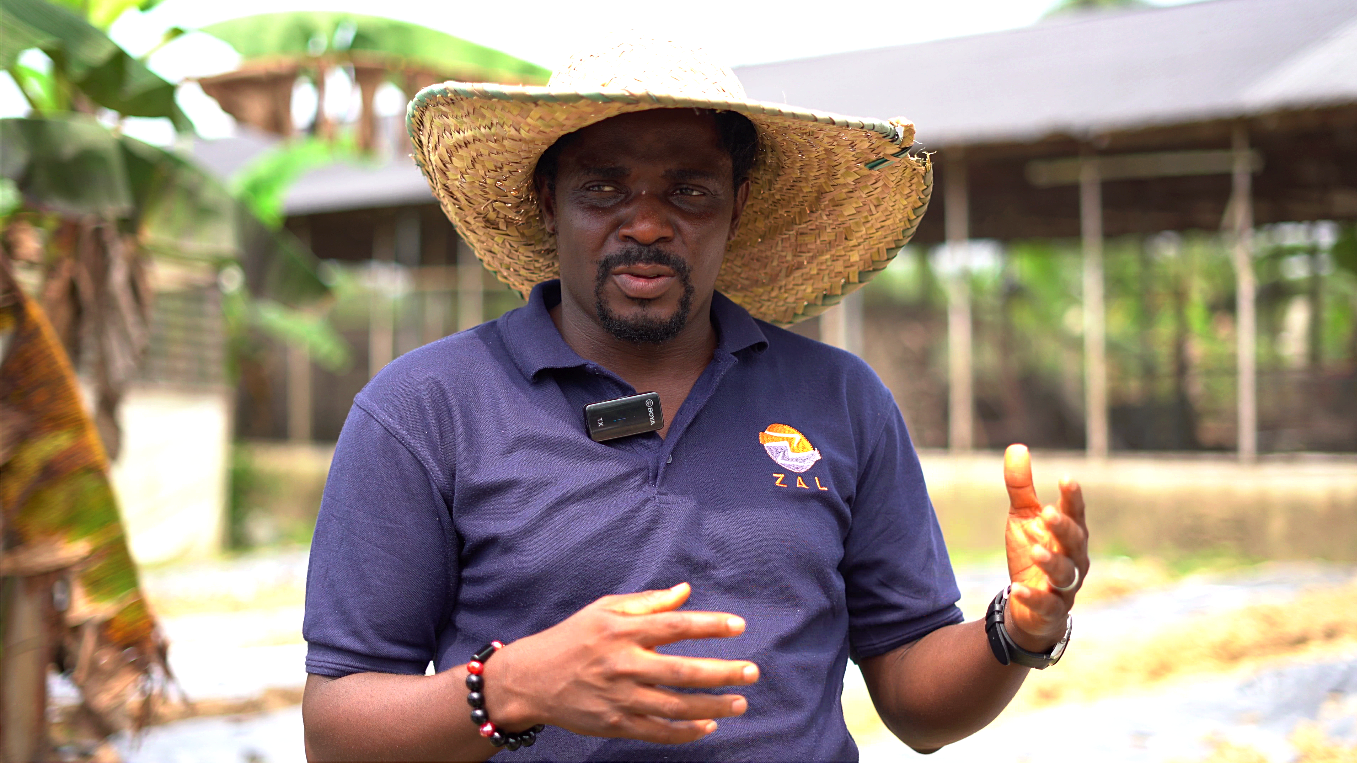
Beyond paying back, PACOSOL is much interested in how beneficiaries sail through the entire process, particularly in the aspect of cooperation and growth.
“If you follow through the process, allow the mentors access to you, you are open to them, you are talking with them, we will open you up to other opportunities beyond PACOSOL. We are in touch with the Bank of Industry and the Bank of Agric, but we want to see beneficiaries that are ready for engagement. We want to watch them grow over a period of time before we facilitate business linkage with them,” said Ayibakuro.
Delivering On The PAP Reintegration Drive
The PAP has three pillars. They include Disarmament, Demobilisation and Reintegration. While the programme has long moved on from disarmament and demobilization, it is now focused on reintegrating beneficiaries with PACOSOL as a key enabler.
By reintegration, the PAP aims to fully reintegrate beneficiaries of the programme into the society after training and empowering them to the status of entrepreneurs and/or employable citizens who will become net contributors to the economy of the region.
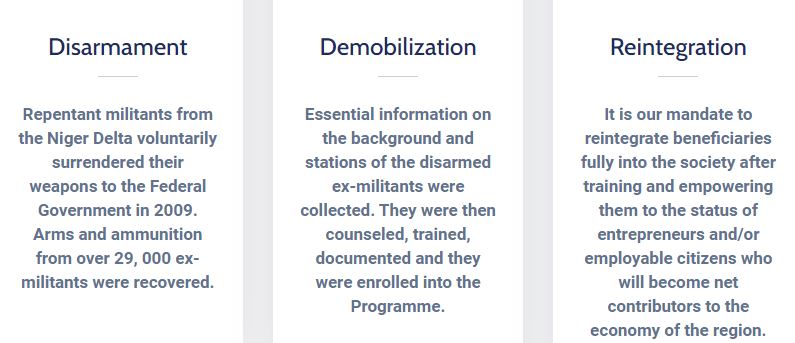
It is no gainsay that the Interim Administrator, Ndiomu at the launch of the 1.5 billion cooperative fund in May, 2023, described the initiative as “the most practical approach to ensuring the sustainable reintegration of ex-agitators.”
HT can confirm that the novel sustainable development initiative which will benefit no fewer than 10,000 ex-agitators is already living up to expectations. Not only is it fostering economic progress, it is also enhancing peace and security.
Upon interviewing a beneficiary, Ibomo Suoyo, who operates a water-side sawmill at Yenagoa, Bayelsa State, our ground coordinator, Mr Allen Harry remarked that “Most of the places we just visited for interviews used to be black spots at the peak of agitation. We would have been stripped to our underwear with our gadgets forcibly taken from us if the people we saw weren’t yet productively engaged. It is amazing how things have changed.”
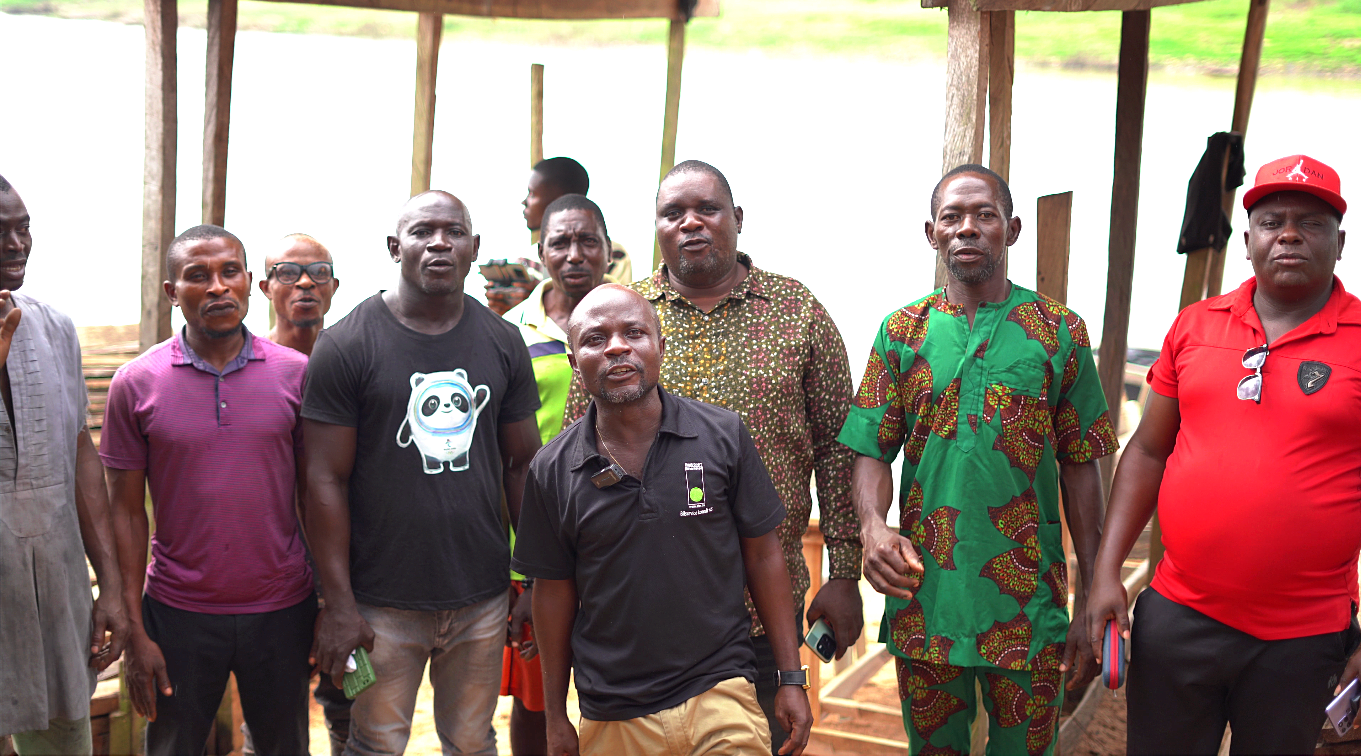
Indeed, it is amazing to see what productive engagement and empowerment can bring to people. I recall telling Ebiwarebo Geisi-Ere, a staff of the PAP working with PACOSOL that it is hard to believe the beneficiaries we have interviewed so far had a history of wielding guns and other heavy arms some years back.
“What we have so far seen are ex-agitators discussing business ideas, forging business partnerships and contributing their quota towards a prosperous Niger Delta region and Nigeria at large,” observed HT Photographer/Videographer, OluwaFemi Ekundayo.
“It suffices to conclude that PACOSOL is getting rid of the culture of dependency and indolence.”
